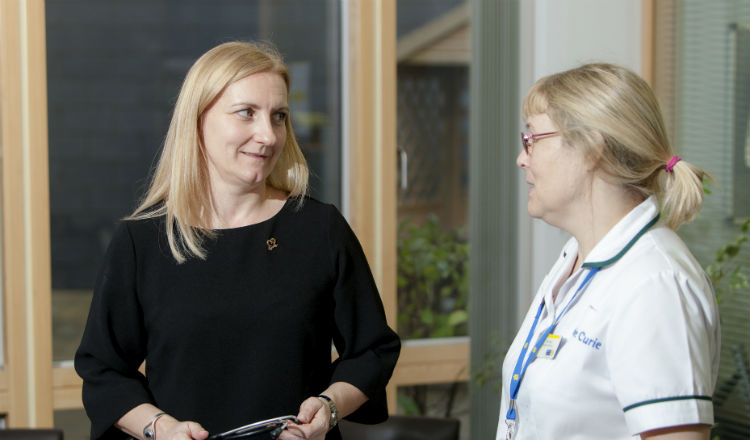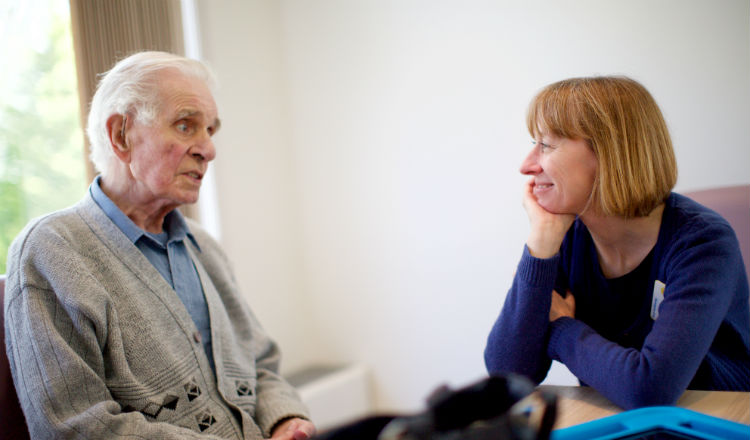Evaluation and findings
After four years of implementing the local models, the Caring Together programme funded two independent studies to find out how successful it had been in achieving its aims.
A detailed study undertaken by the University of Glasgow found that the Caring Together programme has addressed an important gap in the care provided to people with advanced heart failure, highlighting the need for patient-centred co-ordinated care.
Key successes
- The programme implemented a system for identifying and referring patients.
- Joint working between different health professionals was promoted.
- Greater emphasis was placed on anticipatory care planning for people reaching the end of their lives.
- People with advanced heart failure were able to access advice and services they wouldn’t necessarily be aware of, for example information on social care and benefits.
- Professionals were supported to think more broadly about the care they provide to people with advanced heart failure.
- People with advanced heart failure were better able express where they would like to be cared for in their final days.
The study also found that the core components of the Caring Together models are likely to be transferrable to care settings beyond heart failure.

Outcomes for patients
The University of York undertook a study to compare heart failure patients that attended the north-east Glasgow Caring Together model with patients that attended a local heart failure liaison service. Upon referral, the study found that Caring Together patients had worse symptoms and quality of life than patients referred to the heart failure service.
Read the final evaluation executive summary
After receiving care in the Caring Together clinic, patients:
- had a better understanding of their condition
- were much more likely to have anticipatory care plan discussions which were documented in their clinical record
- received systematic advance care planning
- spent fewer days in hospital.
There was an average cost saving of £785 per patient, despite them being more unwell and the aim of the Caring Together model to increase use of the multidisciplinary team.
